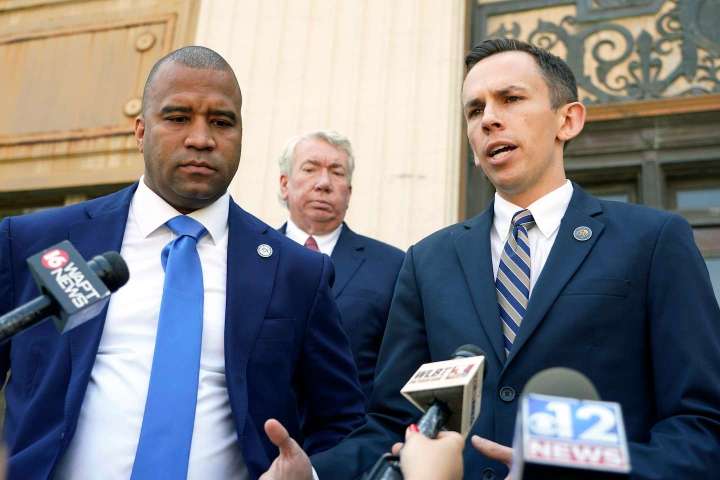Nearly 1 in 5 people live in poverty in Mississippi, the poorest state in the nation. So it’s unpardonable that state officials largely failed to support low-income families, and instead doled out tens of millions in welfare funding to promote well-heeled interests. The sprawling scandal has embroiled a number of government and nonprofit leaders — as well as Hall of Fame quarterback Brett Favre.
The hidden lesson from Mississippi’s welfare fraud scandal

Mr. Favre, who earned nearly $140 million from his playing career alone, has been accused of playing a role in the misappropriation of $8 million from a program for needy families. Among other activities under scrutiny, he reportedly pressed state officials for millions to help construct a stadium at the University of Southern Mississippi, where his daughter played volleyball. He does not face criminal charges and has denied wrongdoing. But Mr. Favre’s case is just one part of a larger story. Six people have been charged in connection with the misallocated funds, at least four of whom have pleaded guilty. Mississippi has also filed a civil suit against 38 people and organizations to recoup misspent funds.
The sordid saga should do more than tarnish reputations. It should also cast a spotlight on the Temporary Assistance for Needy Families (TANF) program, where much of the money came from. Established to support poor families, it has too often degenerated into an opaque slush fund for states.
TANF was created as part of the 1996 welfare reform package, replacing a cash aid program with block grants to states to use at their discretion. Though child poverty rates have declined since the reform package, TANF has underperformed: Studies have shown that it did not significantly increase recipients’ income levels, and a recent analysis from the New York Times and research group Child Trends concluded that it was the “rare program whose anti-poverty effect seemingly declined.”
The program’s diminishing reach stems, in part, from complex work and eligibility requirements and a shrinking budget in real terms. But TANF has also been plagued by a lack of oversight and clear standards. States are allowed to use the grants for several purposes, including promoting “two-parent families” and reducing “out-of-wedlock pregnancies.” That has led to states slashing cash assistance to poor families and instead investing in tangential initiatives, such as early child care and college scholarships. Some have even used TANF dollars to fund antiabortion centers and pro-marriage campaigns. As we have seen in Mississippi, this flexible framework offers ample opportunity for grift.
TANF would clearly benefit from more oversight and accountability. The Department of Health and Human Services could, for example, define “needy” families and set standards for what types of programs meet the stated goals. Congress should also consider ways to update the program, which is based on archaic ideas about welfare. That process could involve narrowing its goals, bolstering federal reporting requirements and finding ways to ensure funds reach the neediest households.
More broadly, it is time for deeper thinking about the country’s welfare programs, many of which are outdated, unresponsive and labyrinthine. Evidence, as the Editorial Board has noted, suggests that a robust, extended child tax credit could do much more to help the neediest families. That — not poorly supervised funding to states — should be the centerpiece of whatever anti-poverty effort comes next.






